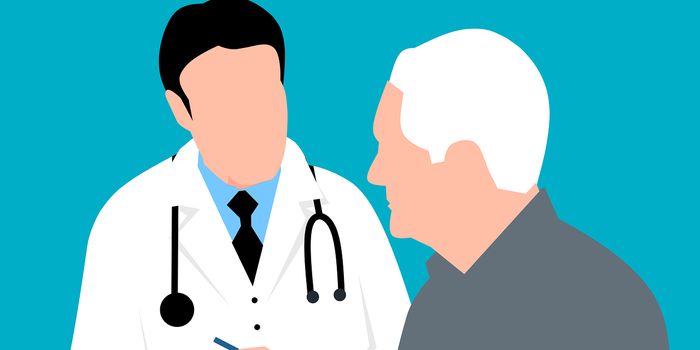Did Thomas Jefferson Have Prostate Cancer?
Today, the United States celebrates the anniversary of its independence from Great Britain. Independence Day, also known as the Fourth of July, commemorates the adoption of the Declaration of Independence, which took place in 1776. The Continental Congress met in Philadelphia, where representatives from each colony participated in heated debate on whether the colonies should become an independent nation.
Amid these discussions, the Congress tasked a group of five men, including our third President, Thomas Jefferson, to draft a statement justifying separation from Great Britain. This list of 27 grievances, eventually becoming known as the Declaration of Independence, explained how King George III and the British Parliament had broken laws, forcing the colonists to declare independence from Great Britain.
In honor of Independence Day, we will delve into some evidence suggesting that Thomas Jefferson, a major author of the Declaration of Independence and the third president of the United States, may have had undiagnosed prostate cancer.
Advances in medicine and diagnostic strategies to identify cancer have significantly evolved since Thomas Jefferson’s time. Comparisons between cancer diagnoses in colonial America and the early days of the United States, as well as modern-day diagnoses, remain futile. The nineteenth century likely had high numbers of undiagnosed cancer cases, the extent of which has been lost to history. Further, with cancer characterized mainly as a disease of aging, and the lower life expectancy in the nineteenth century, slow-growing cancers may not have caused significant symptoms before individuals developed other life-threatening illnesses, leaving these potential cases unrecognized or unremarkable.
Despite the lack of diagnostics and relatively poor understanding of cancer in the 1800s, some historians believe that Thomas Jefferson suffered from, and potentially died due to complications of, undiagnosed prostate cancer.
In 1825, the 83-year-old Jefferson wrote to James Monroe about “a difficulty making water,” indicating he had experienced problems urinating. Jefferson received a consultation from Dr. Robley Dunglison, a prominent physician trained in Europe who served as faculty at the University of Virginia. Dunglison diagnosed Jefferson with “prostatic hypertrophy of enough degree to obstruct the flow of urine and cause great pain from urinary retention.”
To treat the enlarged prostate, Jefferson received “bougies,” consisting of elastic cylinders inserted into the urethra. While this provided some temporary relief, the lack of knowledge about sterility likely led to kidney infection.
Coincidentally, today also marks the 199th anniversary of Jefferson’s death. He died on July 4, 1826, and according to the Thomas Jefferson Foundation (Monticello), doctors were unable to make a conclusive determination of Jefferson’s cause of death. They suggest Jefferson succumbed to a combination of ailments, including exhaustion due to intense diarrhea, toxicity from kidney infection, uremia from kidney damage, and pneumonia. While some of these conditions could have been treated with modern medicine, if Jefferson did indeed have prostate cancer that had advanced enough to cause his physical symptoms, he may not have survived much longer.
To learn about other Founding Fathers and their experiences with cancer, view Labroots’ previous coverage of George Washington, Caesar Rodney, and Dr. Benjamin Rush.
Sources: Nature Aging, Jefferson to Monroe (July 21, 1825), Monticello









